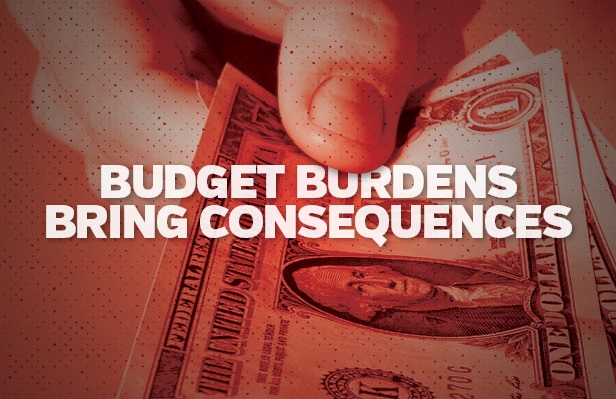Media

Take the Budget off Autopilot
As Pennsylvania inches closer to another budget battle, you’re likely to hear the term “structural deficit” used more often.
The term is defined as a multi-year shortfall between projected spending and revenue figures. Projected is emphasized because neither the spending or revenue figures are set in stone. They are estimates from the Independent Fiscal Office (IFO) that assume lawmakers make no changes to state programs.
The IFO estimates assume state government will carry over all spending from the prior year. They also include new costs associated with inflation, public employee compensation, and an increase in the service population.
Essentially, the IFO produces estimates for a budget running on autopilot. No extensive review of programs exists on an annual basis. How can working Pennsylvanians be expected to pay higher taxes when state budgeting permits spending to grow largely unchecked?
Moreover, tax increases could prove counterproductive. They may exacerbate Pennsylvania’s already high tax burden, thereby hindering job growth and driving more residents out of the state.
Fewer taxpayers depress revenue collections, making it harder for lawmakers to balance the state’s books—especially if spending programs are left unreformed. Just ask residents of New Jersey, who are now facing a budget deficit simply because one wealthy individual moved out.
To avoid this nightmare scenario, a rigorous review of the nearly $76 billion state budget is needed. CF has already identified a list cost-savings measures which would redesign government to help keep state and local budgets in balance.
Government must utilize every dollar it has before taking more from taxpayers. Anything less would be a disservice to the people who work hard everyday to make sure their own budgets are balanced.